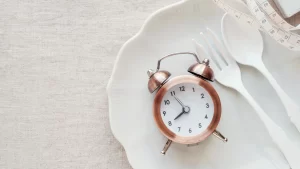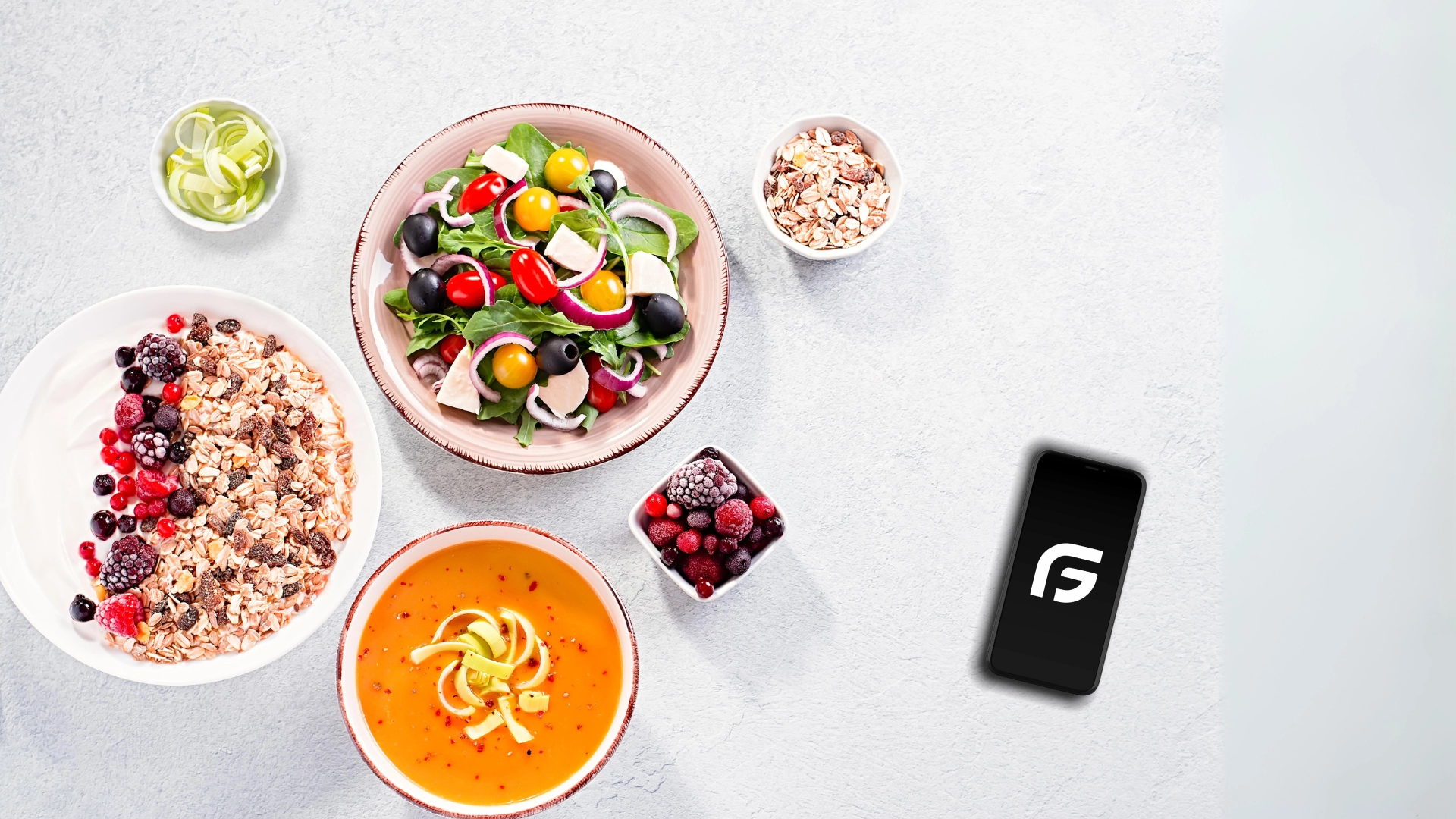Weight Gain for Athletes: Calorie Maintenance and Tips
Understanding the Importance of Healthy Weight Gain
- Increased muscle mass can lead to improved strength and power
- Proper weight gain can enhance energy reserves for endurance activities
- Adequate body mass can provide better protection against injuries in contact sports
Caloric Surplus: The Foundation of Weight Gain

- Aim for a moderate caloric surplus of 300-500 calories per day
- Focus on nutrient-dense foods to support both weight gain and athletic performance
- Gradually increase calorie intake to avoid excessive fat gain
Macronutrient Balance for Athletic Weight Gain

Balancing macronutrients is crucial for healthy weight gain in athletes:
1. Protein:
- Aim for 1.6-2.2 grams of protein per kilogram of body weight
- Spread protein intake throughout the day for optimal muscle synthesis
2. Carbohydrates:
- Prioritize complex carbohydrates for sustained energy
- Include carbohydrates in pre- and post-workout meals
3. Fats:
- Include healthy fats to support hormone production and overall health
- Choose sources like nuts, avocados, and olive oil
Meal Timing and Frequency

- Eat 5-6 smaller meals throughout the day to increase overall calorie intake
- Consume a meal or snack containing carbohydrates and protein within 30 minutes after training
- Consider a protein-rich snack before bed to support overnight muscle recovery
Supplementation for Athletic Weight Gain

- Protein powders for convenient protein intake
- Creatine monohydrate for improved strength and muscle gain
- Mass gainer shakes for those struggling to meet calorie needs through whole foods
Balancing Weight Training and Sport-Specific Training
- Incorporate progressive overload in strength training sessions
- Allow adequate recovery time between weight training and sport-specific training
- Adjust training volume and intensity based on competition schedules
Avoiding Common Pitfalls
- Avoid rapid weight gain, which can negatively impact performance and lead to excess fat gain
- Don’t neglect cardiovascular fitness while focusing on weight gain
- Ensure adequate hydration, especially when increasing calorie intake
Conclusion
A balanced strategy that puts both mass increase and athletic performance first is necessary when gaining weight as an athlete. Athletes can reach their weight gain objectives and improve their performance in sports by concentrating on a moderate calorie surplus, managing their macronutrient intake, scheduling their meals strategically, and engaging in appropriate training.
Recall that a person’s needs can change depending on their sport, level of training, and body type. It’s always a good idea to collaborate with a sports nutritionist or dietitian to create a customized strategy that fits your unique needs and sporting objectives.
FAQ’s
1. How much weight should an athlete aim to gain per week?
2. When is the best time for athletes to focus on weight gain?
3. How often should athletes eat when trying to gain weight?
4. Why are carbohydrates important for athletes trying to gain weight?
5. Is it beneficial for athletes to have a snack before bed when trying to gain weight?
6. What are some factors that can suppress an athlete’s appetite and make weight gain difficult?
7. Why do athletes often struggle to gain weight?

